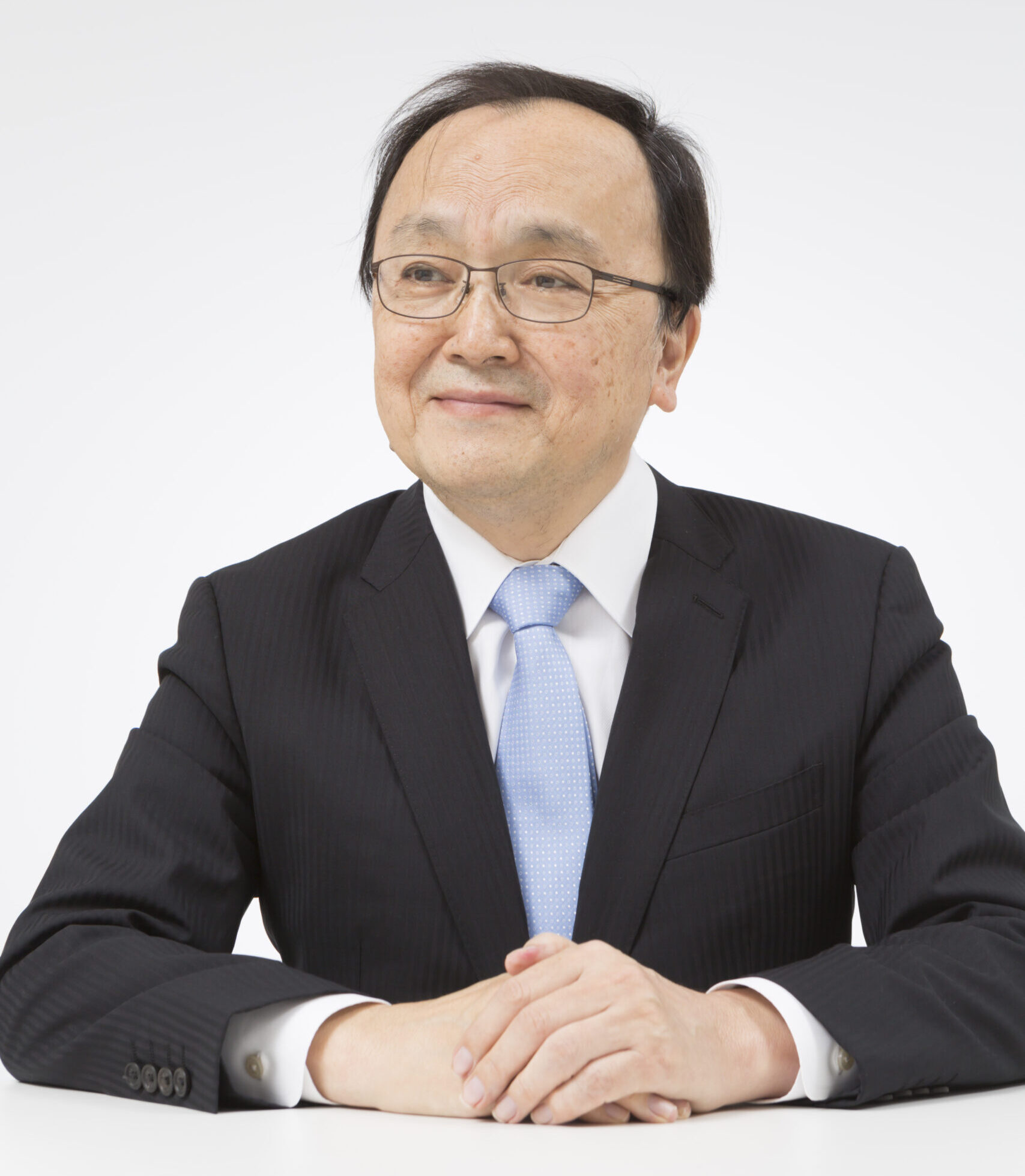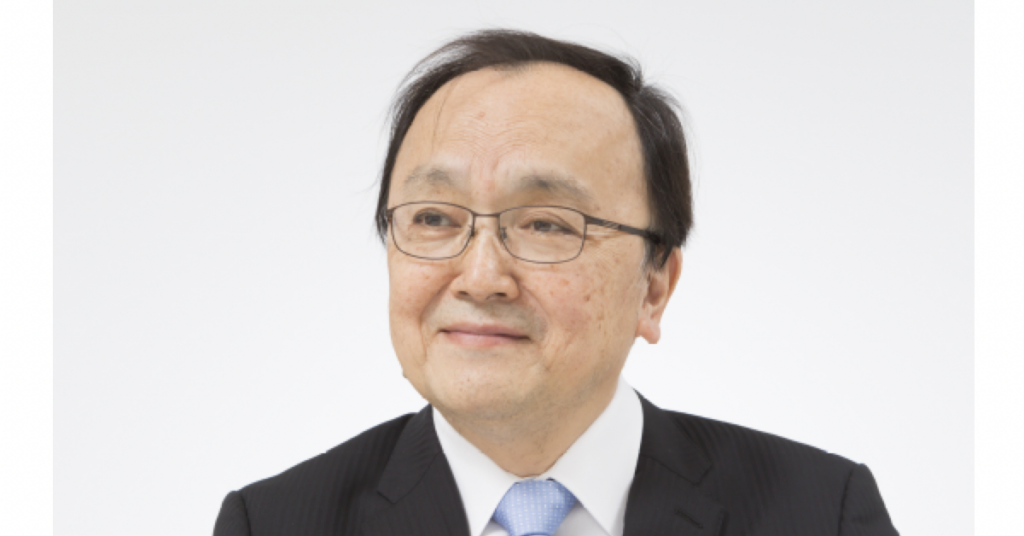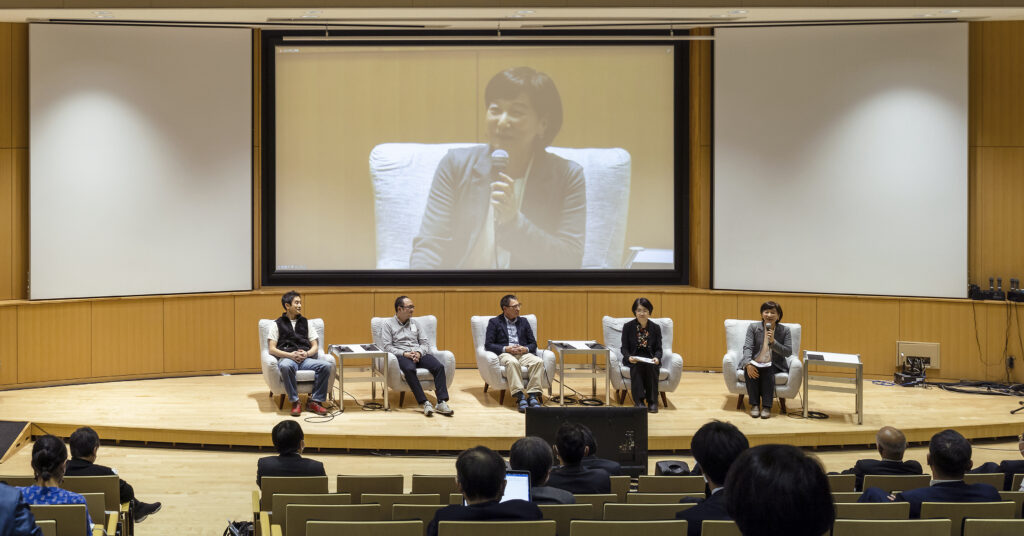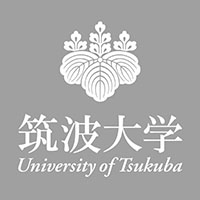[ad_1]
University News | April 04, 2022
The Japan Academy Prize has been awarded every year since 1911 to up to nine persons who have achieved notable research landmarks or who have authored particularly outstanding academic papers or books. Distinguished Professor Hiroki Shirato of Hokkaido University is one of the nine recipients of the Prize in 2022, for his groundbreaking work on “Biomedical and Engineering Research about Real-time Tumor Tracking Radiotherapy/Particle Beam Therapy against Cancer.” The award ceremony will be held on June 27, 2022.

Distinguished Professor Hiroki Shirato
Distinguished Professor Hiroki Shirato is affiliated to the Graduate School of Biomedical Science and Engineering and the Global Center for Biomedical Science and Engineering (GCB), Faculty of Medicine at Hokkaido University.
He proposed the idea of the real-time tumor-tracking radiation therapy (RTRT) system in the late 1990s, and has since dedicated his career to its realization and development. From 2010 to 2014, he led a collaboration with Hitachi Ltd, which resulted in the creation of the real-time image gated proton therapy (RGPT) system, an advanced system based on his original proposal. The RGPT is one of the most advanced radiation therapy systems in the world.
The real-time tumor-tracking system is designed to locate, with millimeter precision, tumors in organs that are constantly “moving” due to bodily motions. The tumor is irradiated only when it is in a specific position, in order to reduce the dose delivered to healthy tissues. This highly advanced system is a breakthrough in modern cancer therapy.
Professor Shirato expressed his gratitude to everyone who had contributed to his work thus far, “Many of my ideas to fight cancer ended up as nothing more than plans, but some of them went beyond the plan and produced results that I could not have achieved on my own,” he said. “I would like to express my gratitude to all those who have supported us up to now: faculty members and administrative staff at Hokkaido University, medical researchers, science and engineering researchers, and domestic companies. I hope that my receiving this award will help more of my younger colleagues realize that ‘ideas based on everyday events can be useful in solving global issues’ and that ‘Hokkaido University has a foundation that allows us to make the most of our own free ideas.’”
Professor Shirato is the former Director of the Global Center for Biomedical Science and Engineering (GCB), Faculty of Medicine, a collaboration with the Department of Radiation Oncology at Stanford University, USA, for the purpose of “creating innovations in biomedical science and engineering, fostering young human resources, and giving back to the world.” The GCB is the successor to the Global Station for Quantum Medical Science and Engineering (GSQ), established under Hokkaido University’s Global Institution for Collaborative Research and Education (GI-CoRE), and is certified as “GI-CoRE Cooperating Hub” to continue research and education activities in cooperation with GI-CoRE.
Related Articles:
Spearheading global fight against cancer with proton therapy
Fighting cancer with particle beams and motion tracking systems
[ad_2]
Source link






![[Sign up by July 29] 2022 Saitama City Comprehensive Disaster Prevention Training Fair [Sign up by July 29] 2022 Saitama City Comprehensive Disaster Prevention Training Fair](http://en.saitama-u.ac.jp/wp-content/uploads/2022/06/Disaster-Prevention-Training-Fair_page-0001-e1656561113802.jpg)









